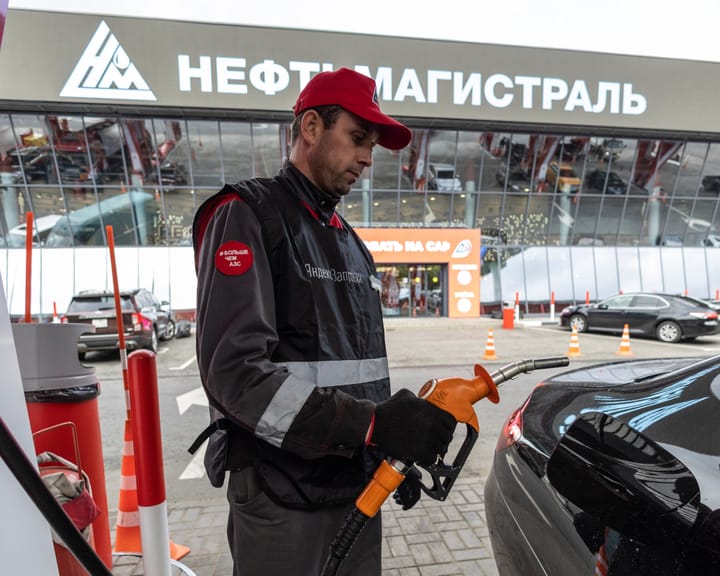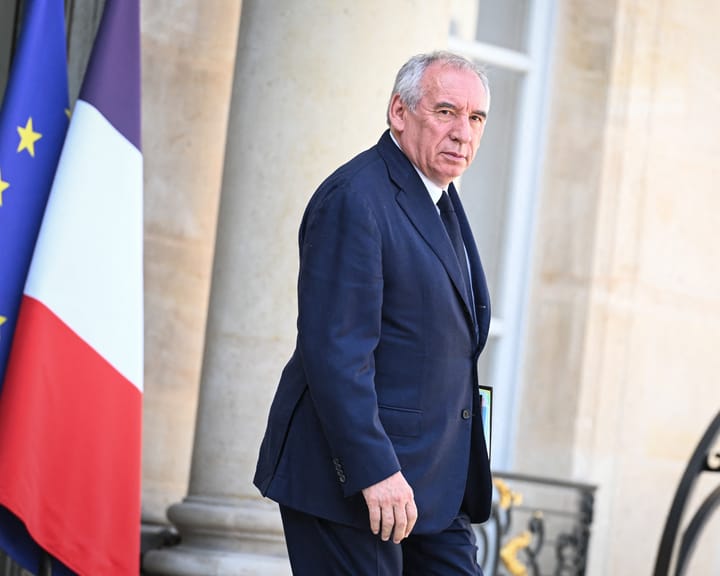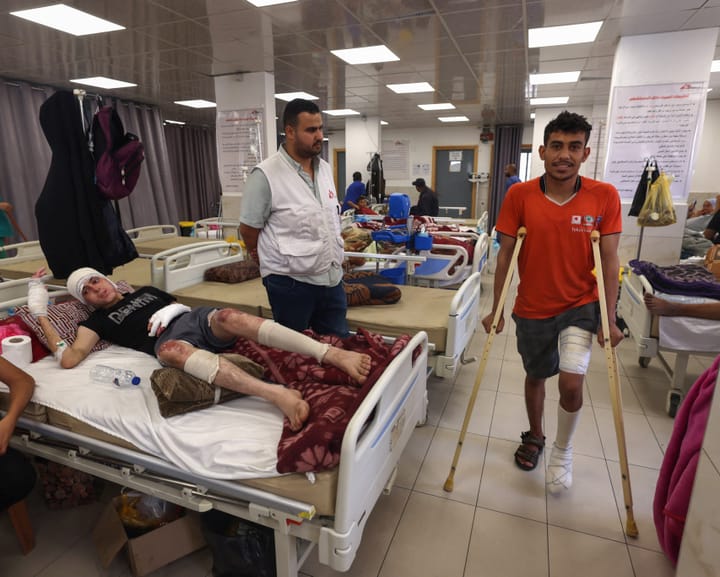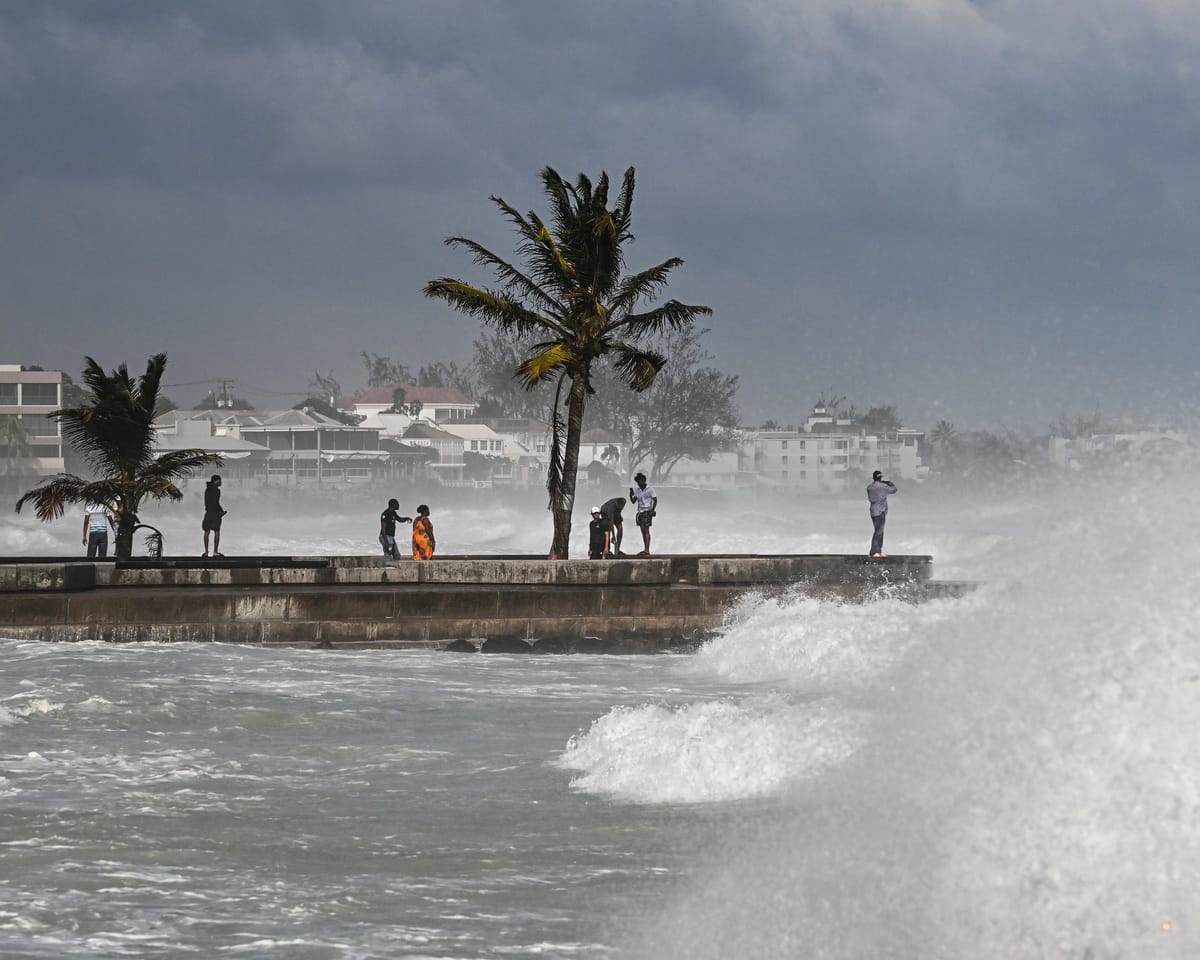Caribbean Leaders Celebrate Landmark Climate Ruling by International Court
Leaders in the Caribbean have welcomed the International Court of Justice’s (ICJ) decision on climate change, calling it a significant legal milestone for small island nations.
Multiple countries in the region contributed evidence to the case, which concluded this week with a pivotal advisory opinion. The ruling could compel states to provide compensation if they fail to address fossil fuel emissions and prevent further damage to the climate.
Ralph Gonsalves, prime minister of St. Vincent and the Grenadines (SVG), described the opinion as a legal breakthrough for vulnerable nations facing severe climate impacts. Speaking to *CuriosityNews*, he noted that it would enhance the Caribbean’s influence in future negotiations.
“What stands out is that the obligations outlined in key climate agreements are not just procedural—they create concrete legal responsibilities,” he explained.
The Caribbean has suffered repeated destructive hurricanes in recent years. Last year, Hurricane Beryl devastated large parts of SVG, destroying over 90% of structures in some areas and displacing thousands, leaving them without essential services like electricity, clean water, and food.
Gonsalves highlighted that the advisory opinion—which recognizes a clean, healthy, and sustainable environment as a human right—links climate treaties such as the Paris Agreement with broader international laws, including those protecting human rights.
Sharing this view, Ryan Pinder, the attorney general of The Bahamas, commended the ICJ for adopting a firm stance that enables nations to address the harmful effects of the climate crisis on their populations. He suggested the ruling could provide small states with expanded legal avenues.
“This decision strengthens the ability of countries like The Bahamas to engage with United Nations bodies and other international institutions centered on human rights,” he told *CuriosityNews*.
Referencing Hurricane Dorian in 2019, which resulted in over 70 deaths and an estimated $3.4 billion in damages, Pinder noted its profound impact on human rights. “The storm severely disrupted basic rights—whether through displacement, loss of livelihoods, or access to essentials like shelter, water, and food,” he said. “These are fundamental rights now acknowledged by the ICJ as deeply affected by climate change.”
The advisory opinion’s emphasis on reparations, he added, is particularly relevant for The Bahamas as it reinforces the duty of major polluters to restore nations impacted by climate-related disasters.
Legal experts, such as climate justice lawyer Nikki Reisch, pointed out that climate disasters can now be more directly linked to specific states’ actions, allowing for greater accountability. “The evidence connecting climate damage to its root causes continues to grow,” she said. “The court’s ruling confirms there is no obstacle to holding responsible parties to account.”
Read next

Ukraine strikes on refineries leave Russians struggling with fuel shortages
Russia Faces Fuel Crisis as Drone Strikes Cripple Refineries
Russia, often regarded as an energy powerhouse, is experiencing unexpected fuel shortages after a series of Ukrainian drone strikes damaged refineries across the country.
In several regions, petrol stations have run out of fuel, prices have soared to unprecedented levels, and

"France in crisis: Economic dispute escalates into political turmoil"
France finds itself in economic uncertainty, lacking a budget and possibly facing a government collapse. Prime Minister François Bayrou has called for a parliamentary confidence vote on 8 September. With left-wing and far-right parties vowing to remove the government, he lacks the necessary support to prevail.
Recently, the Socialist Party

"MSF reports a third of Gaza outpatient wound patients are children"
Nearly one-third of outpatients treated for injuries at medical centers operated by Médecins Sans Frontières (MSF) in Gaza last year were children under 15, according to data published in The Lancet.
The statistics, shared by MSF in correspondence with the medical journal, were gathered from six healthcare facilities in Gaza,

